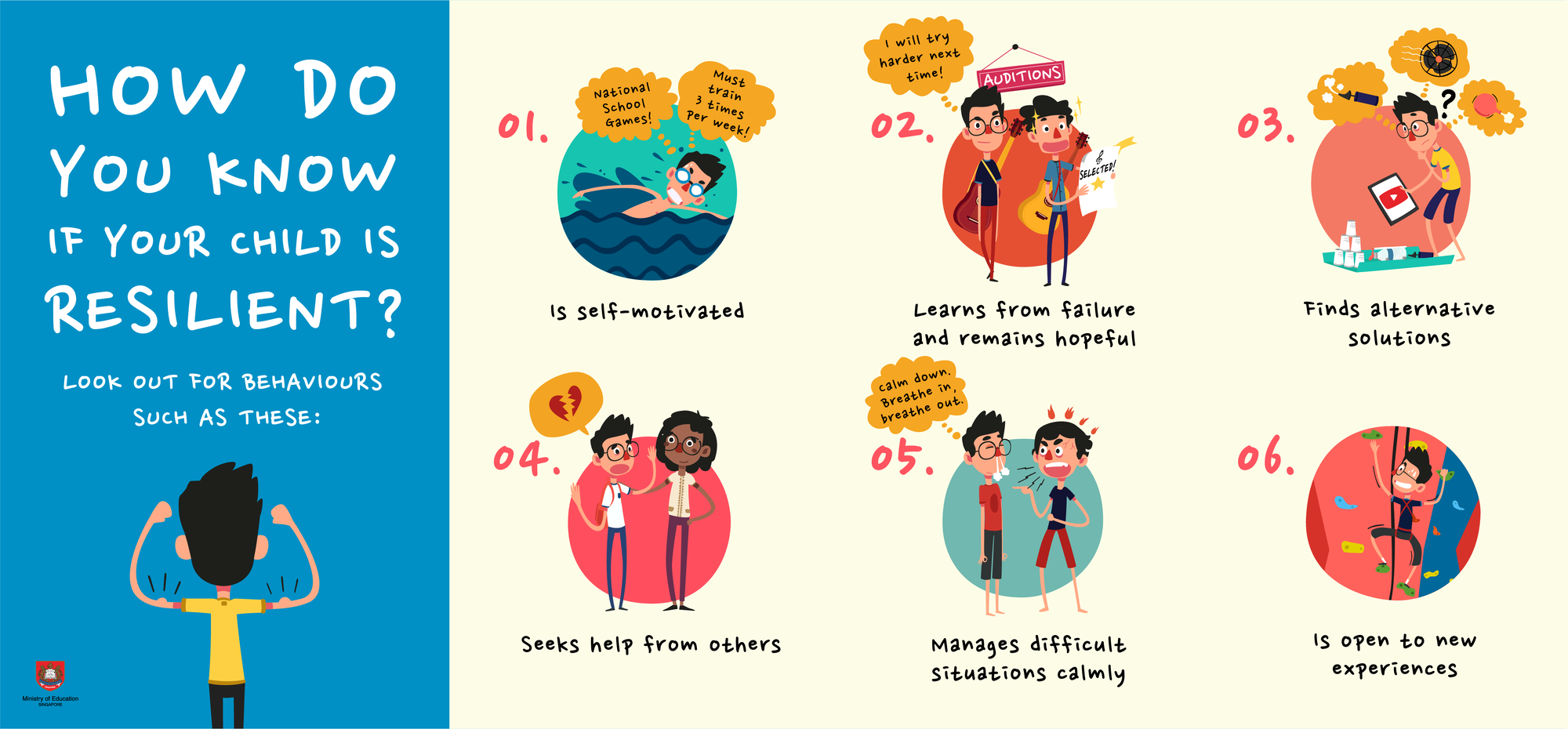Will it be ballet or badminton? Chess or computer? Dance or dragonboat? Could my child possibly do all these after-school activities?
When other parents boast about the long list of activities they have enrolled their children in, some parents can’t help but feel a slight pang of envy – or anxiety. After all, we fret that our children are losing out.
Dr Irena Kit knows this all too well. The National Institute of Education (NIE) lecturer and psychologist is also a parent of an 11-year-old son.
“When other parents talk about what they do for their children, or how well their children are performing, I would think, ‘Maybe my child should do it too’,” said Dr Kit.
But she allows this thought to creep in for only a brief second.
“That’s when I stop and think, ‘Is it really what I want for my child? Is it really important? What is it that I want to achieve?’” she added. “There are times I get carried away. But once I stop and think, I start to pull back.”
The reason for her hesitation: Wanting your child to do more might come from a natural desire for your child to have the same opportunities that other children have. It might also come from wanting to feel and look good as a parent if your child does better than other children.
When parents impose unrealistic expectations, they are also projecting and placing their own anxieties on their children, which may be detrimental to their mental well-being.
“Your stresses will become your child’s stresses,” noted Dr Kit, who co-authored a book ‘The Undefeated Parent: A Guide to Managing Children’s Stress’ that was published this year.
Instead of imposing our stress and desires on our children, she recommended celebrating their efforts and don’t be too anxious about getting them to out-perform others.
She offered five tips to manage stress for yourself and for your child.
Avoid comparisons
Comparing a child with others not only adds more stress to the entire family, it is also not practical.
“Do not be pressured or influenced by how other parents or children are performing,” urged Dr Kit. “You have no control over how other people perform. What you can do is support your child to the best of your ability.”
Dr Kit said it applies to how parents should deal with stressful comparisons. “What other people do is beyond our control, as we can only focus on ourselves”, she observed.
Helpful comparisons focus on the child’s current effort against their past efforts. This helps to track and acknowledge the child’s hard work and improvement.
Acknowledge efforts, celebrate successes
Dr Kit noted that there is a phenomenon among parents that “Bs are the new Fs” – that is, any grade less than A is considered a failure. This occurs because of unrealistic expectations, where anything less than a perfect score is undesirable or poor.
“I’ve met parents who see a 70 percent grade as a failure”. she remarked.
Even if parents do not communicate these unrealistic expectations, children can pick up on parents’ negative vibes, which can hurt the child’s self-esteem and confidence as they constantly feel like they are not good enough. They not only feel saddened, but also feel guilty about disappointing their parents.
“But I always ask, ‘If it’s a B or a C, is it really a catastrophe?’ If a child consistently scores 50, it is unrealistic to expect them to score 80 next.”
Instead, she encouraged parents to motivate their child by acknowledging the efforts and small successes.
Choosing a school based on your child’s needs
In Asian societies today, parents can be overzealous in shaping the lives of their children, from the subjects they take to the schools they attend.
Yet, a popular or top school may not always be the best option. Practical considerations such as the school’s location, culture and programmes are equally important factors.
“The right school is a school that has a culture and environment you are comfortable with,” she said. Parents should also research and ask about the programmes the school offers. Does it fit the needs and interests of your child?
A mismatch in values and expectations could result in dissatisfaction and cause significant stress for both parents and child, she noted.
Grades are not the only source of stress
Contrary to popular belief, it is not only academic performance that causes stress in students. In fact, a big part comes from social pressures – like friendships, Dr Kit said.
Parents should be aware that they need to help their kids navigate difficulties with friendships too, not just in grades.
Dr Kit, who works with trainee counsellors and psychologists, conducted online counselling services with primary school students last year. Students could go to an online portal to talk to counsellors from the NIE Wellness Centre, a facility that offers affordable psychological services and counselling.
Recounting her experience, she and her team observed that many students approached them because they were stressed by their friendships.
“Friends, for example, could be saying mean things to them online, and this can adversely affect their mental health – sometimes more than academic pressures,” she noted.
With the advent of social media and a child’s exposure to technology and the cyber world at an early age, difficulties could be even more pronounced.
To overcome it, she proposed that parents check in regularly on their children at school and pay attention to other areas beyond their academic performance.
“Rather than asking ‘What homework do you have today?’, perhaps start by asking ‘How was your day?’” she suggested.
“As a working parent myself, I understand how difficult it is to start conversations with our children, especially with the little time we have with them. We are tired, and tend to be more task-focused with them.”
But it is critical to find out what is happening in their lives by having a chat with your children.
Let your child explore
It is through conversations and interactions that her 11-year-old son expressed his desire to be an animal conservationist because of his love for animals.
“I see my role as letting him explore as many of his interests as possible. If he is interested in animals, sure, we will go to the zoo and the national parks during the holidays,” she shared.
“But I know that along the way, this may change. And as a parent, I am open to it. I do not believe in telling my child ‘I want you to be this, or I want you to be that’.”
Parents play many roles in their children’s lives – from caregiver to counsellor. But perhaps one of the hardest is learning when and how to let go.
“As parents, we need to learn to let go of the reins, and be a guide in letting our children explore on their own,” she said.






.jpg)